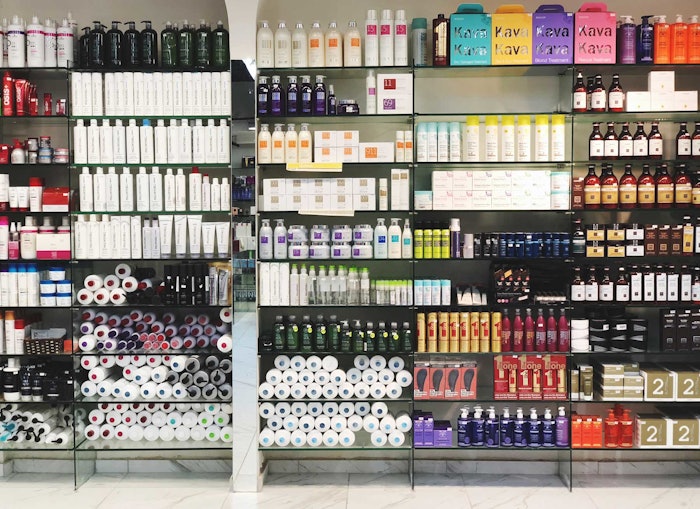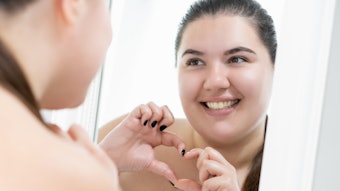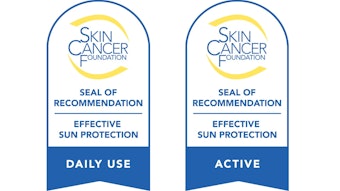
Market research and consulting company Research Nester recently published a report forecasting growth for the global cosmetic bioactives market from 2022–2031. This report includes ongoing industry innovations and recent trends being adopted by the major industry players.
The peptides segment is estimated to gain a substantial market share due to its assistance in eliminating breakouts, lowering inflammation, impaired wound healing and encouraging healthier skin.
The market is expected to grow at a CAGR of approximately 5% over the forecast period. According to Research Nester, this expansion is due to the importance of healthy skin and hair, consumption of goods by men and women, and the rising prevalence of skin diseases and high cost treatments.
See related: Dexpanthenol Cleanser, Sun Care Maintain Tattooed Skin Barrier
Influencers of social media among various age groups have driven a focus on self-care routines. Backed by the availability through e-commerce websites for quick shopping, the pair are estimated to accelerate market growth over the forecast period.
The Asia-Pacific region is estimated to hold notable market share owing to expanding urbanization, which is believed to enhance demand in the area for high-end cosmetics. Urban population in this region has seen a steady incline, up from 59% in 2018 to 60% in 2019, and 61% in 2020, according to The World Bank.
The North American region is estimated to hold the largest market share over the forecast period on the back of leading market competitors, increasing fashion trends and rising expenditure on cosmetics. Americans are estimated to spend $322.88 on cosmetic products every year, according to Research Nester.
The global cosmetic bioactive ingredients market is segmented in the firm's report by peptides, polysaccharides, phytochemicals, vitamins, antioxidants, essential oils and others. Of these, the peptides segment is estimated to gain a substantial market share due to its assistance in eliminating breakouts, lowering inflammation, impaired wound healing and encouraging healthier skin.
Skin care is assessed to have notable market share over the forecast period, owing to the increasing use of skin care products, particularly among millennials, and the global rise in concern over skin-related issues. Shifting perspectives toward skin care, greater awareness of natural ingredients, chemical-free products and direct-to-consumer (D2C) companies making waves in the online retail market are some of the biggest reasons for the predicted growth.










